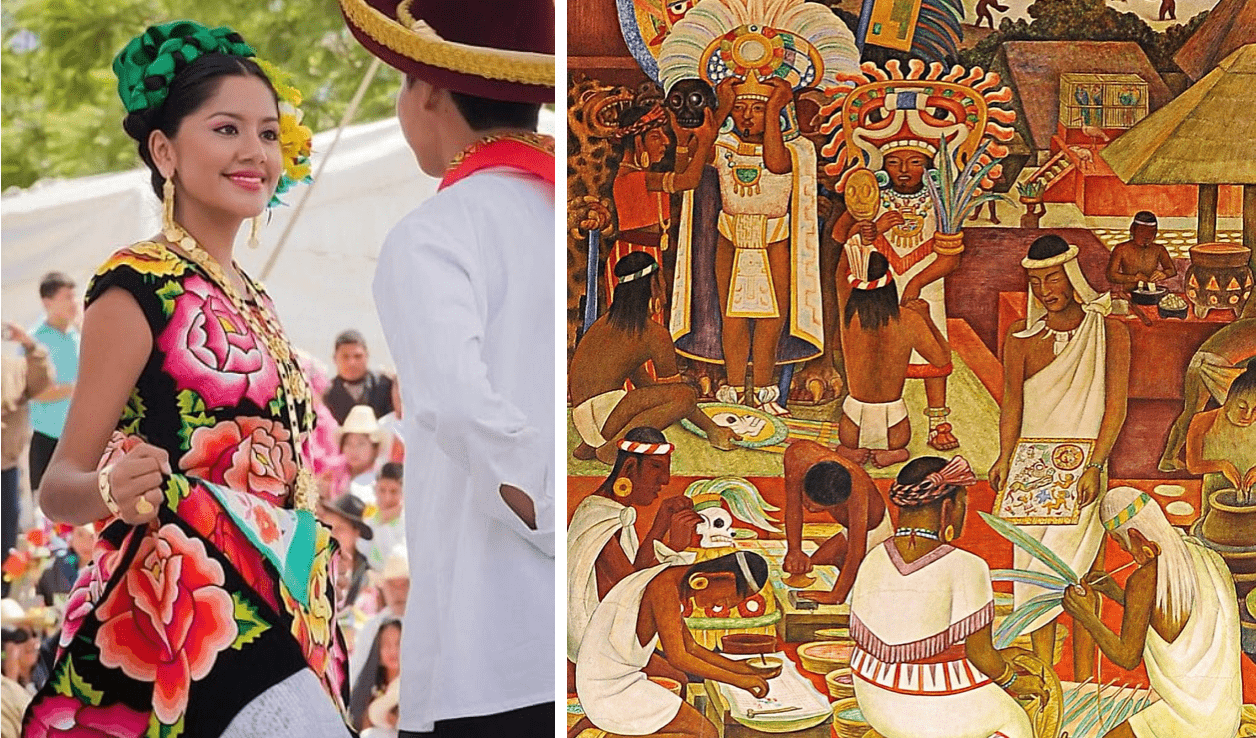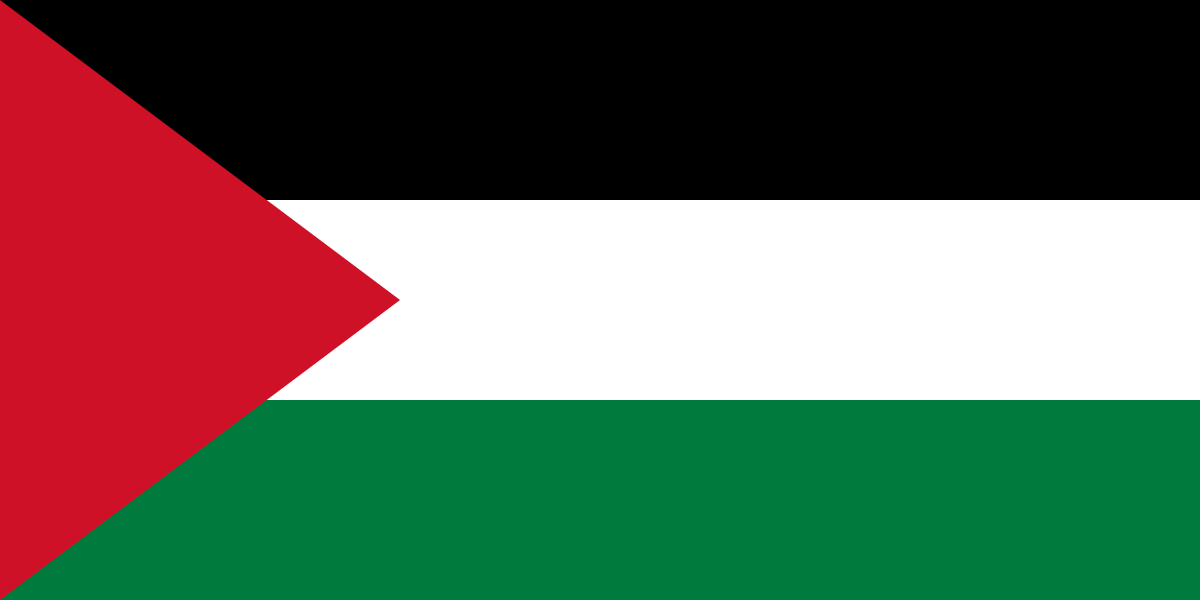Preclassic-Classic Zapotec Civilization
The Zapotecs, known as the 'Cloud People', live in the southern highlands of central Mesoamerica, specifically, in the Valley of Oaxaca, which they inhabited from the late Preclassic period to the end of the Classic period (500 BCE - 900 CE). Their capital was first at Monte Albán and then at Mitla, they dominated the southern highlands, spoke a variation of the Oto-Zapotecan language, and profited from trade and cultural links with the Olmec, Teotihuacan and Maya civilizations.
The Zapotecs grew from the agricultural communities which grew up in the valleys in and around Oaxaca. In the Preclassic period they established fruitful trade links with the Olmec civilization on the Gulf Coast which allowed for the construction of an impressive capital site at Monte Albán and for the Zapotec to dominate the region during the Classic period.
By the late Preclassic period Zapotec cities show a high level of sophistication in architecture, the arts, writing and engineering projects such as irrigation systems. For example, at Hierve el Agua there are artificially terraced hillsides irrigated by extensive canals fed by natural springs. Evidence of contact with other Mesoamerican cultures can be seen, for example, at the site of Dainzu, which has a large stone-faced platform with reliefs showing players of the familiar Mesoamerican ball game wearing protective headgear. We also know of very close relations between the Zapotec and the peoples based at Teotihuacan in the Basin of Mexico. Indeed, at Teotihuacan there was even a quarter of the city specifically reserved for the Zapotec community.
Decline
Quite why the city and the Zapotec civilization collapsed at Monte Albán is not known, only that there is no trace of violent destruction and that it was contemporary with the demise of Teotihuacan and a general increase in inter-state conflict. The site continued to be significant, though, as it was adopted by the later Mixtec as a sacred site and place of burial for their own kings. The Zapotecs did not disappear completely, however, for in the early Post-Classic period they established a new, smaller centre at Mitla, known to them as Lyobaa or 'Place of Rest' which also had many fine buildings including the celebrated Hall of the Columns. The site continued to be occupied even up to the Spanish conquest.
Languages
Zapotec is an extensive language family indigenous to southern Mexico, which belongs to the larger Otomanguean family. Today, there are over 50 different Zapotec languages most of which are endangered. They are spoken primarily in the state of Oaxaca, Mexico, by a total of approximately 425,000 people within a much larger Zapotec ethnic community. Due to emmigration, there are now Zapotec speakers in many other parts of Mexico and the United States. Dialectal divergence between Zapotec-speaking communities is extensive and complicated. Many varieties of Zapotec are mutually unintelligible with one another. The Zapotec language family is on par with the Romance language family in terms of time depth and diversity of member languages.
Modern day
The population is concentrated in the southern state of Oaxaca, but Zapotec communities also exist in neighboring states. The present-day population is estimated at approximately 400,000 to 650,000 persons, many of whom are monolingual in one of the native Zapotec languages and dialects.
The Zapotec population is divided into four geographic areas, each with its own cultural differences: 1) Central Valleys; 2) Sierra Norte; 3) Sierra Sur; and the 4) Isthmus of Tehuantepec. The geographic isolation of these populations, caused by centuries of conquest and colonization, has resulted in very significant linguistic diversity within the population, so much that often one town adjacent to another says or writes the same words and expressions differently.
The Zapotec of the Sierra Juárez, as countrymen of Benito Juárez, were very much involved in the Reform Movement of 1860, some in defense of liberal ideas, while others interested in conserving church traditions. They were also involved in the Mexican Revolution, forming the first textile and mining labor unions.
Beginning in 1872, there was a revival in the exploitation of gold and silver in the region that attracted mestizos and accelerated the process of language replacement. Between 1900 and 1940, the mining frontier in the District of Ixtlán included Ixtlán, Guelatao, and many other communities. Spanish became the language of instruction for the indigenous young receiving education.
Mining brought wealth to some of the native people, but caused the depletion of the mineral resources and the environmental destruction of the natural environment by the removal of forests for firewood and the contamination of rivers with toxic wastes.
Since the end of the 19th century the cultivation of coffee brought further capitalization to the Zapotec and mestizo communities.
Megathreads and spaces to hang out:
- ❤️ Come listen to music and Watch movies with your fellow Hexbears nerd, in Cy.tube
- 💖 Come talk in the New Weekly Queer thread
- 💛 Read and talk about a current topics in the News Megathread
- 💚 Come and talk in the Daily Bloomer Thread
- ⭐️ September Movie Nominations ⭐️
reminders:
- 💚 You nerds can join specific comms to see posts about all sorts of topics
- 💙 Hexbear’s algorithm prioritizes comments over upbears
- 💜 Sorting by new you nerd
- 🌈 If you ever want to make your own megathread, you can reserve a spot here nerd
- 🐶 Join the unofficial Hexbear-adjacent Mastodon instance toots.matapacos.dog
Links To Resources (Aid and Theory):
Aid:
Theory:



My Iranian Feminism course teacher just dropped materials for us to read for class today, the source is: radio free europe.
Demand an explanation. Be a shit about it. Make her justify the use of US propaganda materials and why those are appropriate for understanding the nature of the varying feminist movements in Iran. You're paying to be there you owe her nothing.
My neurodivergent ass desperately needs the study points and to pass the course. I did send her an opinion piece about the revolution where I stated the CIA backed coup and outside influences, she handily never brought these up or replied to it.
Listening to these lectures has been a wild experience, there is zero analyzes of anything, she just says "then this happened" and the audience seems to be eating it up. I wish I could ask for ecample the Chinese student that we have in the group how they feel about the material so far.
I am trying to take this as a learning experience on how propaganda works on people. I have been tempted to drop a few links on the study group webpage several times, but so far have held myself back. There should be a feedback thing that is collected by the study network after this course ends, I will make my complaints heard then. This course has been ridiculous and ridiculously bad and poorly executed in all ways, not at all used to this biased teaching at uni tbh.
One more thing I will bring up that I have noticed during this is the way the safe space and cultural sensitivity culture towards minorities works in this space. It' s very interesting.
There is this air of silence and very little discussion in the course on the whole, because I think people are avoiding asking hard questions or voicing criticism to not seem racist or "breaking the safe space". So there is no real discussion. At the same time the lecturer is seen as a representer of an entire culture, like it's a monolith. The material has contradicted itself many times and people seem to be a bit sceptical, because you can't say "yes we all have access to education, life in general is not that bad and we are also horribly oppressed at the same time" without it raising some questions. Today someone asked if the young girl being a Kurd had anything to do with her being killed and the answer we got was just vibes. It has mostly been just vibes, the entire course.
Clearly a bad source. Europe isn't radio free at all.
She loves saying "regime". Now we are learning how "the regime" shoots down passenger planes.
Ngl, did not see all this coming when I decided to take some gender study courses.
Didn't george bush say his "ill never apologize for america" over iranian passenger plane?
That's a shame because there is a whole lot going on with Iranian feminisms that goes way beyond the "oh poor oppressed Iranian women" bullshit that makes the news. Iranian women are constantly pushing back against the morality police to find ways to express and assert themselves, there's always political action going on for women's rights, the Kurdish areas of Iran have a totally different paradigm around women and women's rights, there are Iranian Islamic feminisms with very different beliefs and goals from western liberal feminism, there are lots of Iranian western liberal feminists with their own views and goals. It's a very complicated social and politcal situation that merits study and understanding and I'm sorry you're not getting a real representative view of it. The part that always makes me angry and I always want to stress is that women in Iran are not passive victims at all; Women's movements in Iran are organized and forceful, and Iranian women, despite state and religious repression, are dynamic actors who are fighting to control their own lives and fate. Even Iranian feminisms that are generally aligned with relatively conservative Shia Islamic viewpoints are pushing for what they consider the rights of women to be fully respected and implemented. Very different from western feminism, but a feminism none the less with fierce advocates and defenders.
I wish I had some reading to throw at you, but it's been a couple of years since I've looked in to this in detail.
Thank you for this. This kind of information is exactly what I hoped to learn when I enrolled into this course. I have been trying to search for information on this and read all the Marxist analysis I could find, but the womens rights question seems deeply polluted by the West.
It's great to learn Iranian women are this based, it always rubs me the wrong way when people are victimized, it takes away their agency.
It's very hard to find on the anglophone internet. I'd suggest trying to find some explicitly Islamic feminists posting or writing in English and follow them, dig in to their archives if you can.
Finally, an unbiased source :freedom-and-democracy:
it's her job